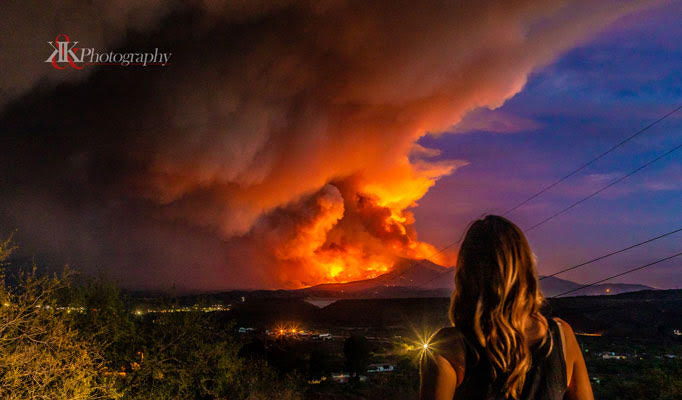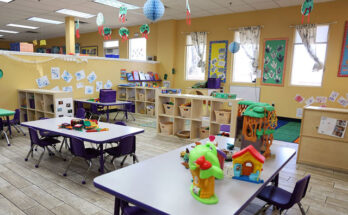Contributed Photo By K&K Photography: The Telegraph Fire ravaged areas of Gila County in 2021.
Apply by February 3
Contributed Article
GILA COUNTY – The devastating Telegraph fire resulted in flash floods in 2021, leaving Miami and Globe residents with concerns about environmental quality, and potential contaminants released by the fires and transported by water and wind. Would you, or someone you know, wish to join a Community Advisory Board supported by the University of Arizona and committed to “Rethinking Fire, Floods, and Health”? Please affirm your interest by Friday, Feb. 3 for this new Community Advisory Board, which will start convening in the coming months ahead. Sign-up with an email to Julieann Fonseca at jmfonseca@arizona.edu; a researcher with the University of Arizona’s Department of Environmental Science, or call (520) 425-4549.
The University of Arizona Department of Environmental Science, in partnership with the Gila County Cooperative Extension, is leading a two-year community science effort. This study is funded by the National Institute of Environmental Health Sciences and the University of Arizona’s College of Agriculture and Life Sciences, and it’s a research project likely to have impacts even beyond our local region. Goals include:
* Surveying families to identify areas that have been impacted and determine individual- and community-level vulnerabilities and resiliencies.
* Building human capacity through empowerment education and community science and training residents on how to collect environmental samples and interpret datasets.
* Characterizing contaminants released during wildfires in soil, sediment, and/or settled dust within and around residential areas over time to prepare for future events.
* Share and report data back to participants and provide intervention/prevention strategies to protect families.
To support this research and effort, members of the Community Advisory Board will learn more about the project and research, discuss community concerns, and participate in the decision-making process. Board members will be compensated for their time; the commitment includes attending two-hour quarterly meetings, reviewing and commenting on written materials, and serving on the board through 2024.







